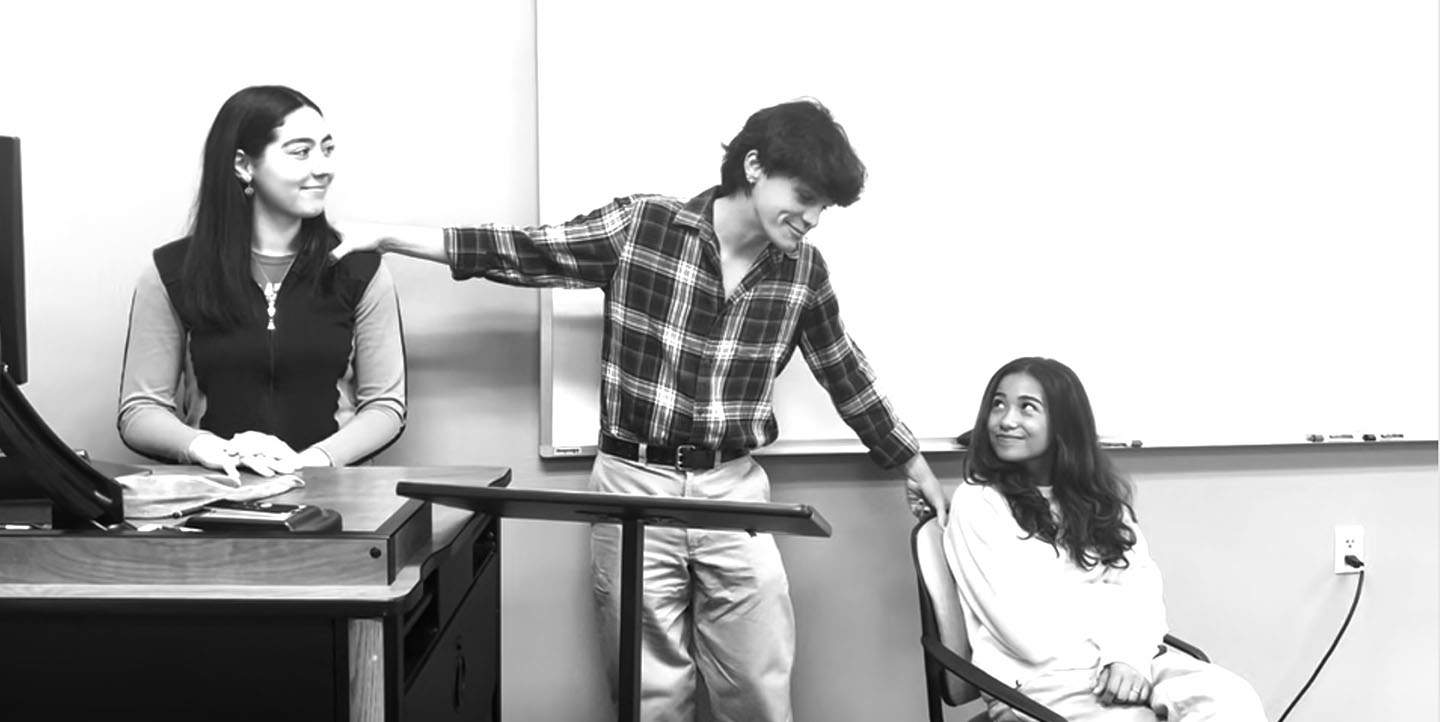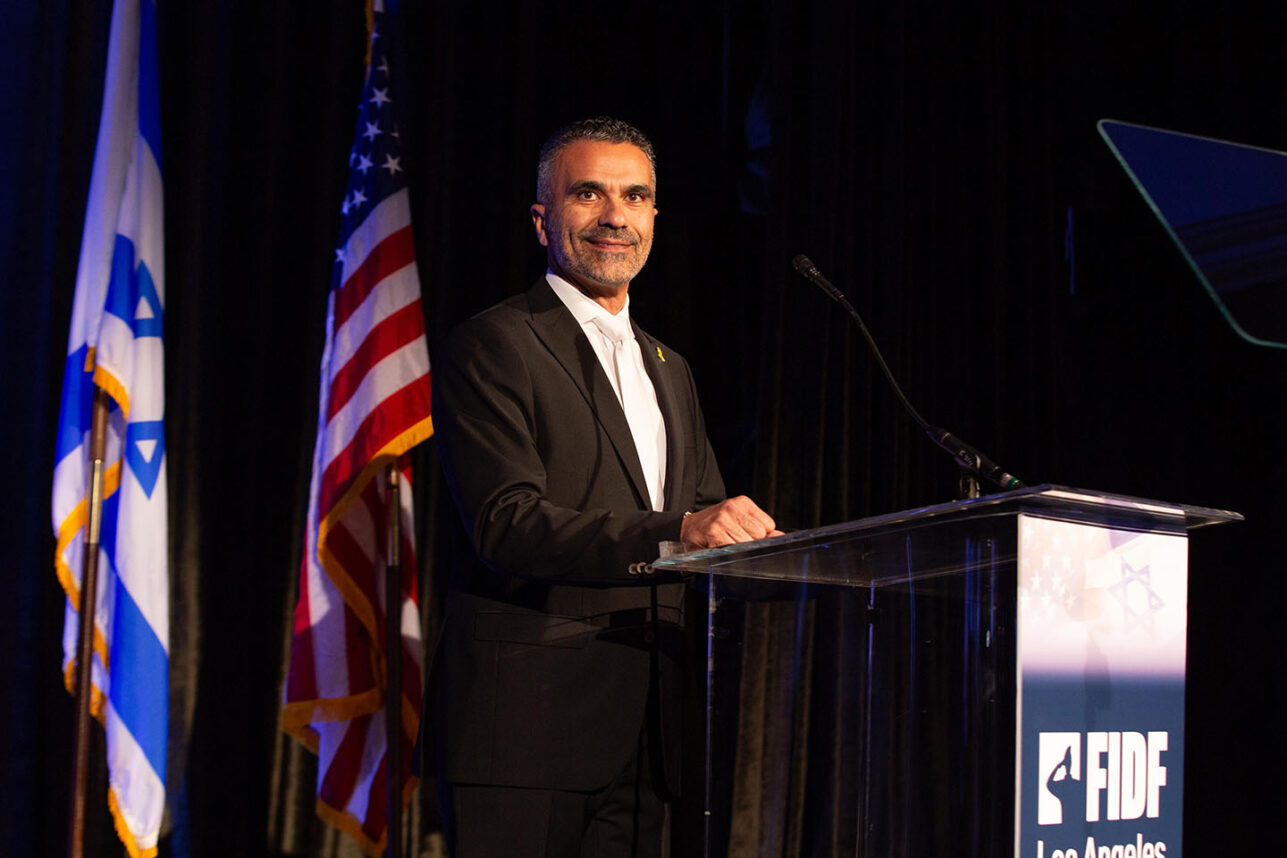Your article, “Scientologists Cry Fascism” (July 10), comes across as a do-good maligned religion battling Germany, an old haven of bigotry. This is really the case of the proverbial “kettle calling the pot black.”
The Journal should know better. For years, the Cult Clinic of Federation worked with the Cult Awareness Network trying to counsel parents whose children may have been held captive by a destructive cult. The same Scientology that complains of “harassment” and “intolerance” have harassed people and organizations.
A little information about Scientology could easily have been gotten from the American Family Foundation or by examining the cover story of Time magazine of some years ago, “The Cult of Greed.” That would have given your writer a perspective of the accuser that was much needed.
There is plenty of German guilt for intolerance, but Germany also knows the dangers of allowing organizations that restrict the freedom of its members to operate unfettered.
Harold M. Berlfein
Los Angeles
Purpose of the Press
I appreciated Gene Lichtenstein’s thoughtful Editor’s Corner (June 26), which aired a number of important issues regarding the role of a Jewish newspaper in reporting conflicts in the community. Gene defines The Jewish Journal’s policy as “to try and present a fair and accurate account of news and opinion within the wider Jewish world.” He argues that since conflict is part of that “accurate account,” The Journal has a responsibility to print expressions of it as they occur.
There are other possible roles for a Jewish paper, one of which is to further Jewish education and to deepen Jewish commitments. For those of us who would prefer to see these goals as primary for the Jewish press, repeated accounts of conflict (or gratuitously vituperative letters) often have the effect of raising the question in readers’ minds. If rabbis appear in print primarily attacking other rabbis and other movements, does this mean that all Jewish education is really polemical?
To increase the level of Jewish education and commitment, it is vital to show the readers of this and other newspapers that loyalty to the movements that create and sustain their synagogues, their liturgies and the main parts of their Jewish lives does not doom them either to endless sectarianism or to repeated victimization at the hands of slashing opponents. Rather, each of the movements provide a different entree into the entire Jewish people and the full spectrum of Jewish tradition (This is similar to the point that Rabbi Kanefsky made in his July 10 letter).
The issue of airing serious disagreements without demoralizing Jews seeking to deepen their religious lives is a serious one. I hope other readers will join the discussion.
Rabbi Richard N. Levy
Executive Director, Los Angeles Hillel Council
President, Central Conference of American Rabbis
Los Angeles





















 More news and opinions than at a Shabbat dinner, right in your inbox.
More news and opinions than at a Shabbat dinner, right in your inbox.